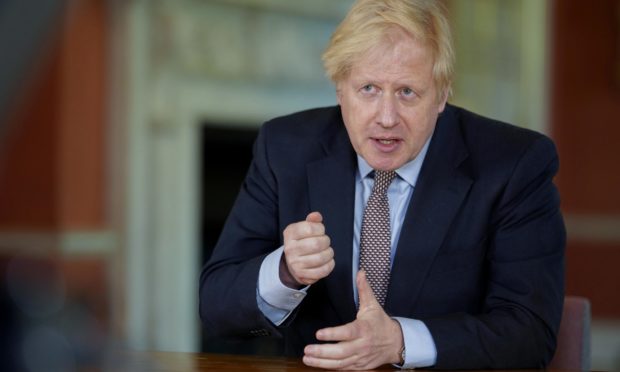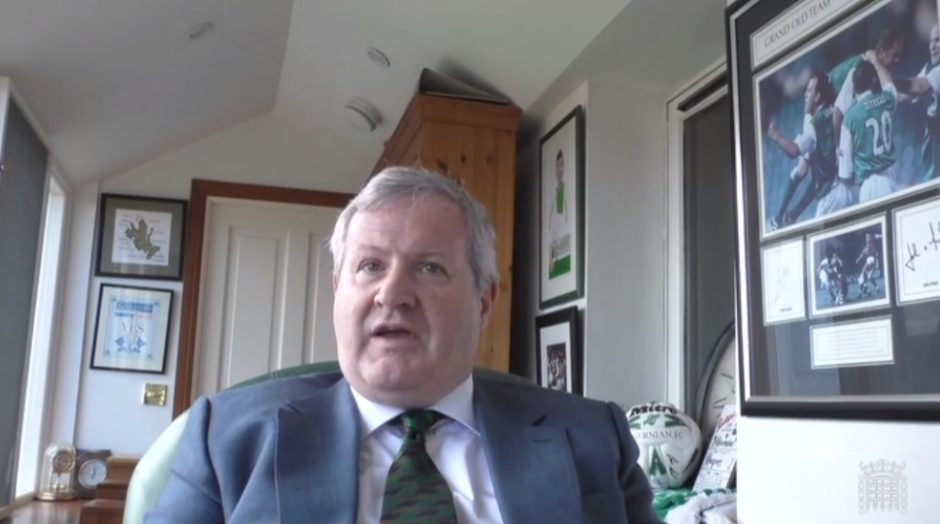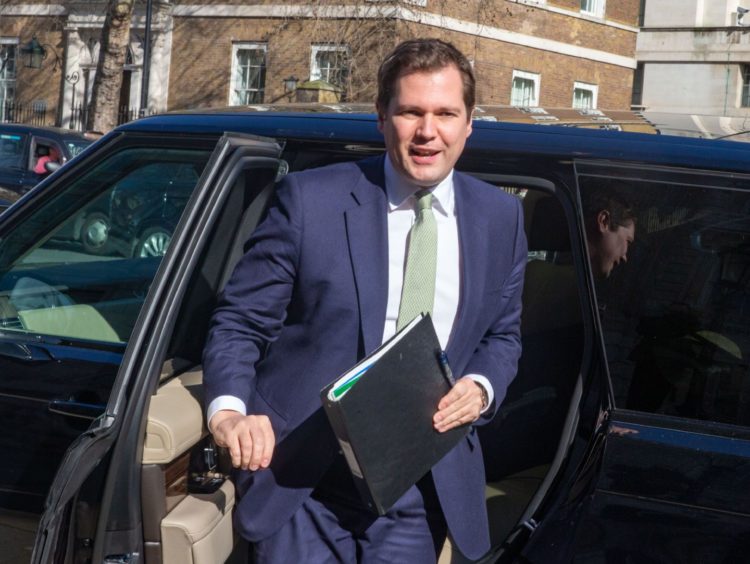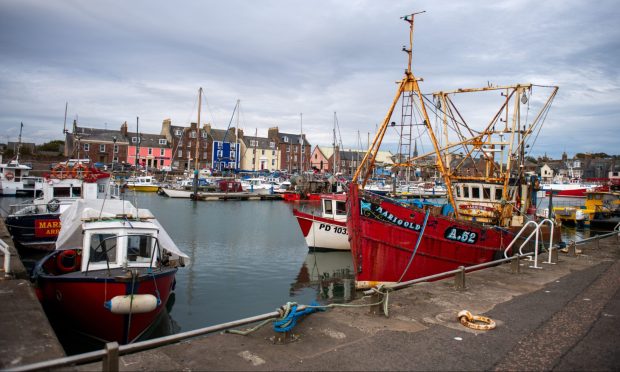Boris Johnson has insisted the UK will move “forward together” out of the coronavirus crisis, despite accusations Scotland, Wales and Northern Ireland have been “shut out” of UK Government plans.
SNP Westminster leader Ian Blackford said yesterday that the devolved nations had been sidelined by the Downing Street decision to adopt a new “stay alert” strategy and relax certain lockdown measures in England.
The decision to move away from the “stay home” message on Sunday, which has been in use across all four nations of the UK, was met with widespread criticism this week.
Mr Blackford, speaking at prime minister’s questions via video link from Skye, said the move had caused “confusion”
He said: “Events on Sunday could not have been more disastrous from this Government. The prime minister has made confusion costly.
“Devolved administrations shut out, widespread confusion amongst the public and a total disregard from this Government for workers’ safety. Many, sadly, have seen the images of London buses being packed this morning.
“Will the prime minister accept that the clear message in Scotland is ‘stay home to protect the NHS to save lives’?”
Mr Johnson, responding, said: “The message throughout the country is of course that you should stay at home if you can, unless there’s specific circumstances that we’ve outlined apply.
“I must say, I don’t accept that characterisation of the co-operation that we’ve had across all four nations that Mr Blackford makes.
“In my experience, it’s been intense, it’s been going on for days and days and weeks and weeks, and actually I think if you look at the totality of the measures that we’re taking as country, there is much more that unites us than divides us and we will go forward together.”
The decision to walk away from the Covid-19 “four-nation approach” also raised fears that measures such as the furlough scheme could be under threat, as England is now on a different track out of lockdown to the rest of the UK.
The scheme was set up by the UK Government to guarantee up to 80% of workers’ wages while businesses remain closed.
Scottish finance secretary Kate Forbes said it was “imperative” for the scheme to continue in a way that “reflects the economic priorities of each of the four nations”.
Housing Secretary Robert Jenrick, asked at the daily Downing Street press conference whether he would commit to keeping the scheme in place in Scotland for longer if needed, said: “The Chancellor has announced we’re going to be extending the scheme for four months until October and it will remain in its current form until the end of July.
“That gives a lot of advance notice and guidance to employers and employees in all parts of the United Kingdom.
“The Chancellor and his officials in the Treasury will keep on engaging with the devolved administrations and with trades unions and businesses in all parts of the Union, including in Scotland, so that as changes are made to the scheme they reflect the needs of the economy and of working people throughout the UK.”
The comments came as it was confirmed another 494 people had died in the UK in last 24 hours from Covid-19, taking the total to 33,186.
In all 229,705 people have tested positive for coronavirus in the UK so far.
The publication of the figures came as a row erupted over plans to abandon virtual proceedings in the UK Parliament.
Commons Leader Jacob Rees-Mogg announced that he does not want to see the so-called “hybrid” arrangements extended beyond the Whitsun recess, which ends on June 2, thereby requiring MPs to attend in person to take part in proceedings.
Mr Rees-Mogg said it would be wrong for MPs to “hide away whilst schoolchildren are going back”, but conceded physical sittings may not fully resume in early June if the guidance steers away from it.
His comments sparked an immediate political firestorm as MPs questioned how it would be possible to safely stick to social distancing rules if they all come back at the same time.
SNP Commons spokesman Tommy Sheppard said: “Tory moves to stop virtual participation at Westminster would create an unnecessary risk of infection in our communities – and could effectively lock Scotland out of Parliament.
“The clear message in Scotland is ‘stay home to protect our NHS and save lives’. The option of virtual participation must remain so Scotland’s MPs can continue to hold the UK Government to account and represent our constituents safely.”
Opinion among Scotland’s 59 MPs has been divided, however, with one Scottish Tory telling us that MPs “have a duty to the country” to return.
Commons Speaker Sir Lindsay Hoyle has insisted he will suspend proceedings if the chamber gets too crowded.
He said: “My priority and the priority of all, I’m sure, is to ensure that those on the estate are safe while business is facilitated.
“I’m working with parties, the Commission to ensure this duty of care is taken seriously.”







